SPECIAL REPORT: Ten years on from explosion at illegal vodka distillery in Boston
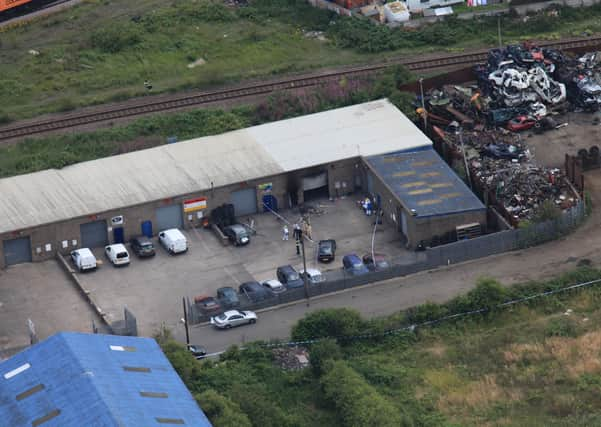

It was a Wednesday evening, about 7.30pm, when the horrific incident began at the Broadfield Lane Industrial Estate.
An explosion took place in one of the small units on the site – those first on the scene reported seeing a man on fire near it.
Advertisement
Advertisement
Emergency services descended on the area, with 35 firefighters on scene at the height of the incident.
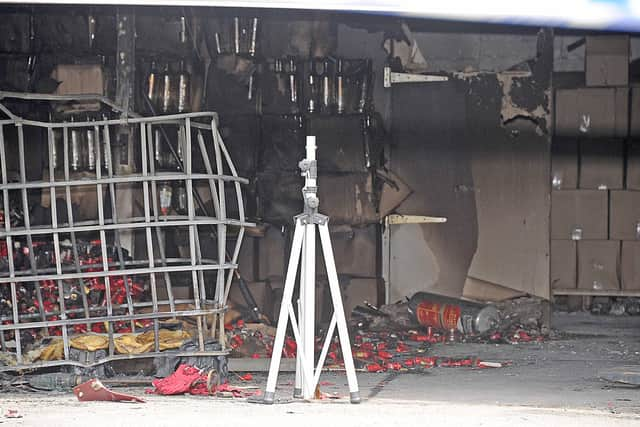

The intensity of the fire was such that it buckled the roller shutters of the unit and set alight a car outside it.
Steve Moore, area fire manager, was quoted as saying: “For all the firefighters I’ve spoken to this is the most significant loss of life in a fire that they’ve ever attended.”
As news of the blast spread, so did speculation about the cause, with many suggesting alcohol production had been taking place at the unit.
Advertisement
Advertisement
But police refused to comment on the speculation – instead waiting to carry out further investigations.
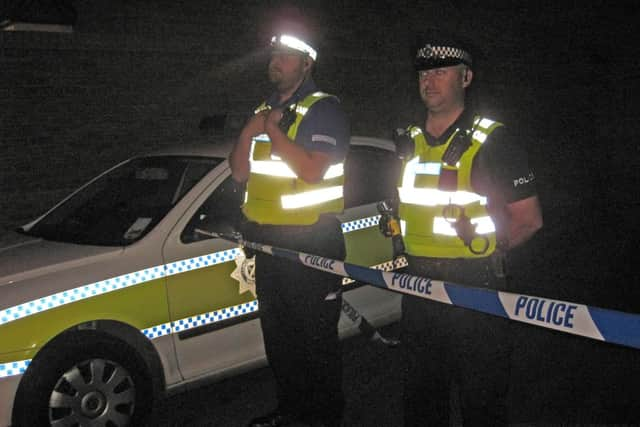

The next day, police gave the first official indication that alcohol production could have been taking place at the site; confirmation of an illegal vodka distilling operation on site would later follow.
Speaking at the time, Chief Inspector Lee Pache said nothing had been reported to police about the site prior to the incident.
He added: “Since the tragedy of Wednesday night, a great many local people have spoken to the media about suspicions they have had or knowledge they possessed about illegal brewing activity.
Advertisement
Advertisement
“The majority of this information was never given to police. Any intelligence received by us is responded to quickly and, in recent months, has uncovered a number of small home brewing enterprises that were being used for personal consumption.”
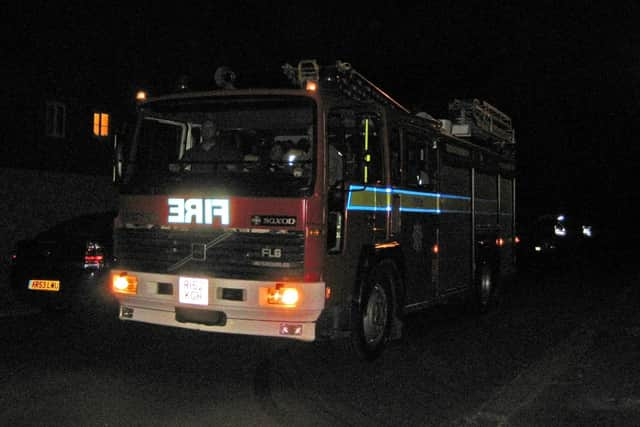

The five men who died in the explosion were Lithuanian nationals, based in Peterborough.
The sixth man spent months in hospital after receiving burns to about 75 per cent of his body.
A member of the team at Pilgrim Hospital was quoted as saying: “The doctor said it is the worst case of burns on a patient he has seen that hasn’t resulted in a fatality.”
Advertisement
Advertisement
The sixth man would later give evidence at the inquest into the five deaths, where the most likely cause of the explosion was found to be a lit cigarette and a cause of accidental death recorded.
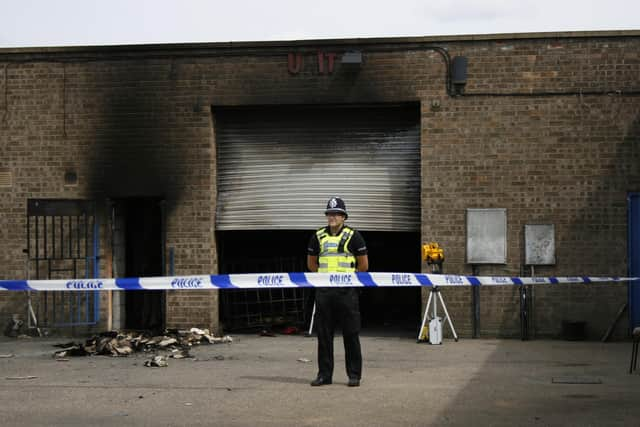

At the time of the inquest, police said it had not been able to press charges in relation to the explosion after a lawyer concluded that: ‘neither the cause of the explosion nor the identity of the person responsible could be established to the criminal standard’.
In the wake of the incident, however, police did step up their hunt for counterfeit alcohol in a bid to clamp down on illegal activity.
Speaking today, Sgt Kim Enderby said: “Following the tragic events of 2011 Lincolnshire Police has remained committed to targeting and disrupting similar activity. Fortunately we have not had production of illegal alcohol discovered on that scale since. However, illegally produced alcohol is still being seized from stores across the county.
Advertisement
Advertisement
“This is normally illicitly produced spirits, presented as a fictitious brand and offered for sale at a cheap price. If the price seems too good to be true – then it probably is and should be avoided.
“The contents are often not fit for human consumption, with one brand recently seized found to contain 150,000 times more industrial alcohol than is legally allowed – the store that sold this vodka had its licence revoked.
“Illegal alcohol continues to be the focus of partnership work conducted with Trading Standards and HM Revenue and Customs. We rely on information from the public. So would encourage them to keep coming forward with information about the venues selling these illicit products, so we can protect the public and get them off the shelves, then prosecute the criminals behind these dangerous products.”